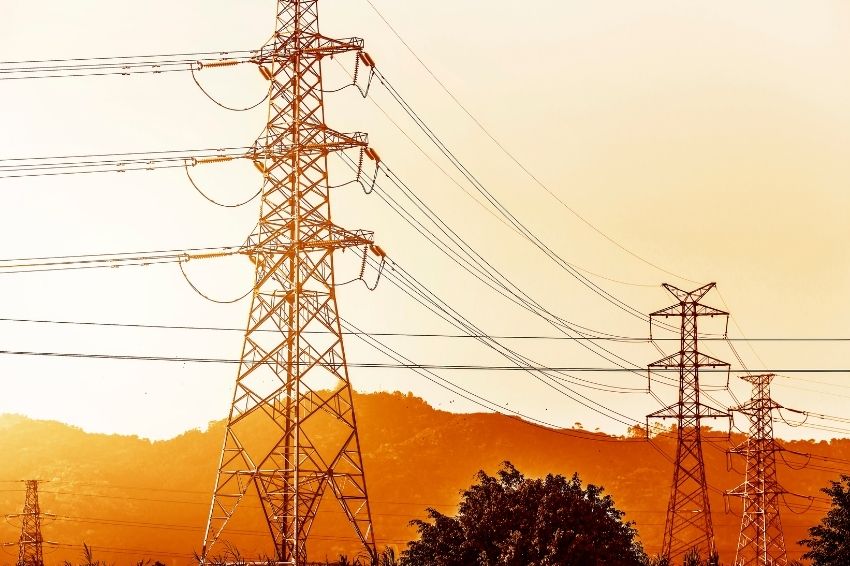President Jair Bolsonaro issued an MP (Provisional Measure) that postpones the contribution deadlines for electricity distributors to collect Pis/Pasep, Cofins and social security contributions for the months of August, September and October of this year.
It was decided that these taxes will only be collected in December 2021. The Union justifies the measure due to the long drought experienced by the country, which is the worst in the last 91 years.
“The drought put pressure on electricity distributors with an increase in the cost of generating electricity, with the activation of thermoelectric plants and imports from other countries, in order to meet domestic demand”, highlights the document.
According to the Federal Government, the proposal does not imply a waiver of revenue for the Union, as the extension of deadlines established provides for taxes to be paid in full within the 2021 financial year.
In the opinion of lawyer Pedro Dante, a specialist in the electricity market, the measure does not constitute a tax waiver, but makes clear the Government's intention to prioritize cash for distributors to pay for thermoelectric generators. “It shows that thermal plants will continue to be shipped throughout this entire semester and, probably, until the beginning of next year,” he said.
The lawyer explains that distributors are today the major financial coffers of the energy sector and that, in times of water crisis, they are responsible for passing on the charges paid by taxpayers for the thermoelectric generators that are being dispatched. “There can be no shortage of money, under any circumstances, to cover the cost of these plants”, he highlighted.
According to him, failure to pay for thermoelectric plants would result in a lack of energy and, consequently, the need to adopt measures such as rationing. “It is expected that it will rain and, obviously, when the reservoirs are filled again, these thermoelectric plants will be turned off, because they are more expensive and polluting”, Dante highlighted.















